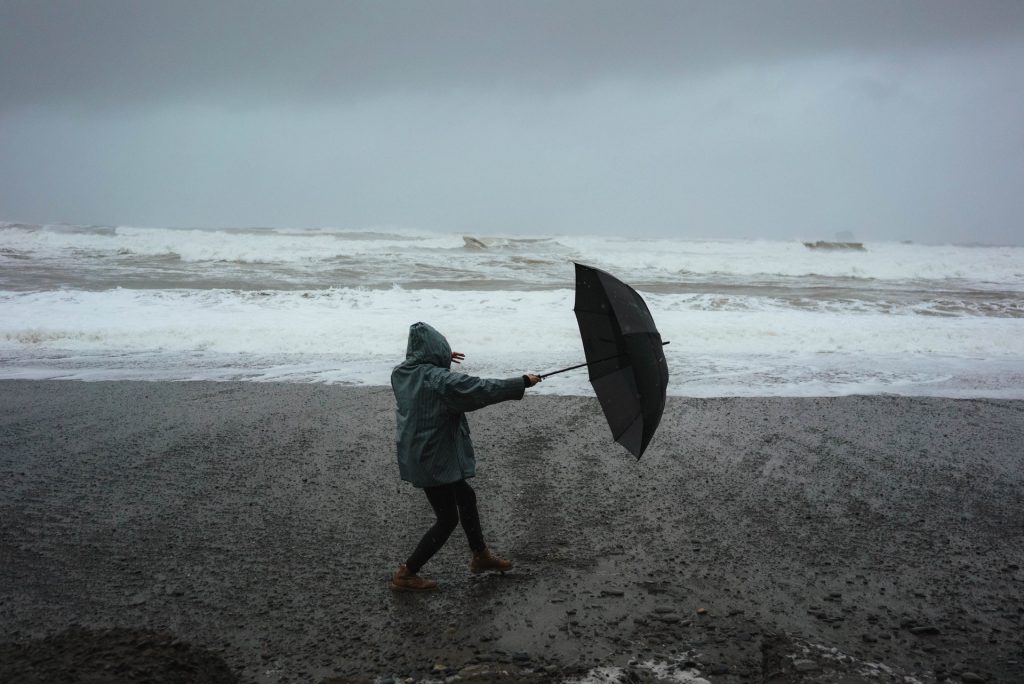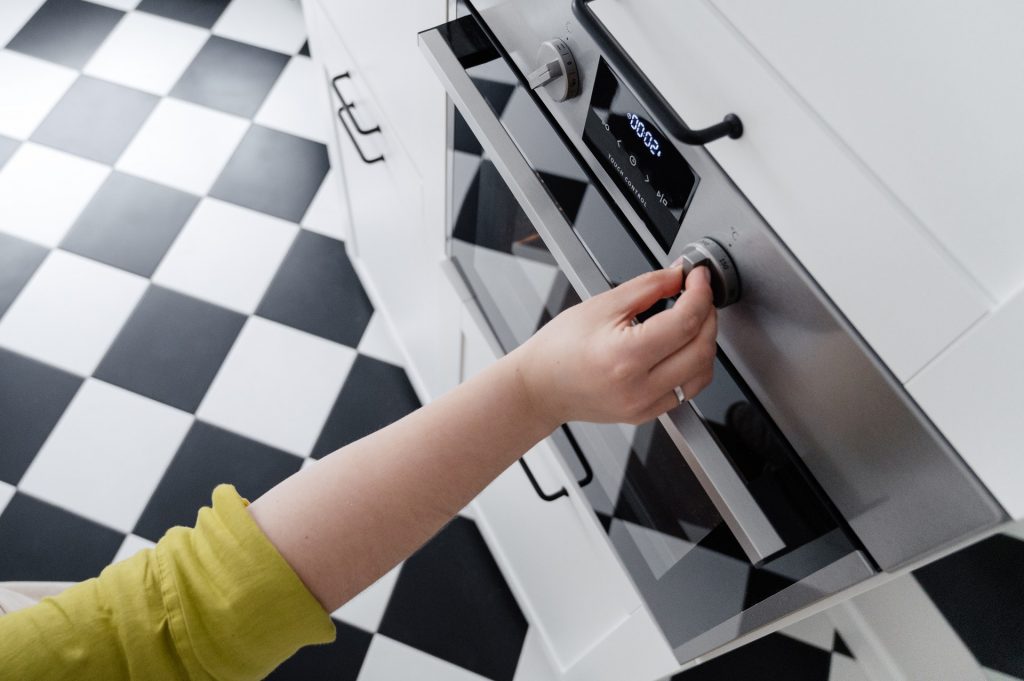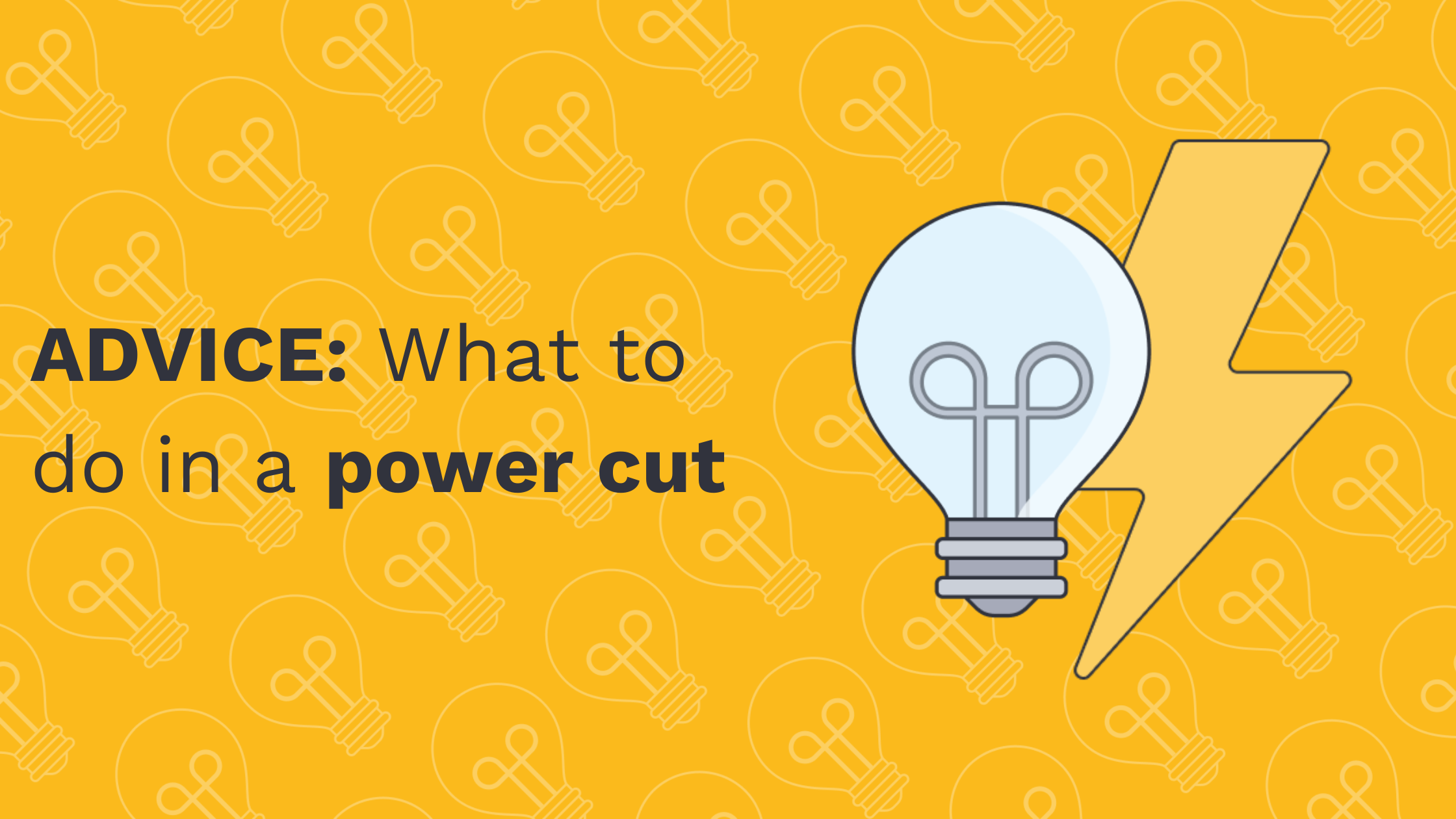Over the coming winter months, it is likely that we will experience unsettled weather, including a few storms. Most of the storms which arrive in the UK are mild and little to be concerned about, but on occasion, we can be rollicked by intense wind speeds, high rainfall, or cold snaps – and sometimes all three at once.
When the weather is bad enough, it may even disturb our energy supply and cause our homes to suffer a power cut. It’s important that we know how to respond to this if it should happen and who you should contact about it, as well. This blog aims to advise and educate you so that you are the most prepared you can be when your power goes out.

Preparation
Generally, it’s a good idea to have a small emergency kit available, or at very least an easily accessible cupboard or drawer where you keep power cut essentials. For instance, you may want to keep a torch, a power bank charger and a few batteries in your kit for portable light and energy sources, as well as a list of important contact numbers. It is similarly wise to keep your important documents safe and easily accessible, too.
When you hear of a storm coming, you can prepare further by charging your phone and any other important devices fully, and keeping a thermos of hot water handy. You may even want to pick up a few food items which don’t require electricity to prepare, such as nuts, fruit and bread.
Additionally, for some people, a power cut is not just undesirable but dangerous. Those who have medical equipment at home, such as dialysis machines and artificial ventilators, or are old or disabled should contact their energy supplier so that they can be put on the Medical Services Register for assistance during a power cut or at anytime when there is a planned disruption to supply. The energy supplier will pass your details through to NIE Networks o make sure you are informed and supported if the power supply goes off. Also speak to your doctor or equipment supplier about battery backups or other means of powering your equipment through the outage.
Be sure it is a network fault
Sometimes the power goes out in our home but it is not a network outage. Sometimes it is that our trip switches have tripped or that our fuses have blown. Make sure to check these areas before contacting NIE Networks.
Contact
If you lose your electricity supply you should contact the NIE Networks Customer Helpline on 03457 643 643 or report the fault online . You can also check for power outages in your area or report a power cut.
For other contact details for a storm, you may also want to take a note of the following:
– Emergency services 999/112
– Flooding 0300 2000 100
– NI Water 03457 440 088
Switch off/on
When the power goes off, all of your devices and appliances – unless portable – will go dead. It is easy to forget to turn them off properly, but with appliances and devices like the iron, hair dryer and oven, it is essential that you unplug or turn off at the socket, so that when power is restored they do not cause a hazard to you
On the other hand, lights and devices which you can leave unattended safely, like the television or radio, are good to leave on as indicators that your power has been restored. Of course, there is no need to turn on every light and screen in the house – just one or two will do the job.

Fridges and freezers
Without power, your fridge and freezer will stop working and so it’s important to try and protect the food inside from warming and spoiling. Therefore, do your best not to open the fridge or freezer door, and if you can, cover them with a blanket so that they will stay colder for longer.
Stay wrapped up and warm
Your home may get quite cold without power. Therefore if you do not have a stove or real fire to create your own heat, you will want to conserve as much of the warmth you already have as possible. Remember to close windows and doors, keep the curtains pulled and maybe put down draught excluders around your doors.
You can also wear fluffy socks and woolly jumpers to conserve your own body heat.
In summary
Storms in the UK are reasonably rare and typically milder than those in other parts of the world. This being said, they can still pose a threat to life if we are not prepared or make safe choices during intense weather events. Stay updated by your news and weather channels, make sure you are prepared with an emergency kit, and in the event of a power cut, please call the NIE Networks .






